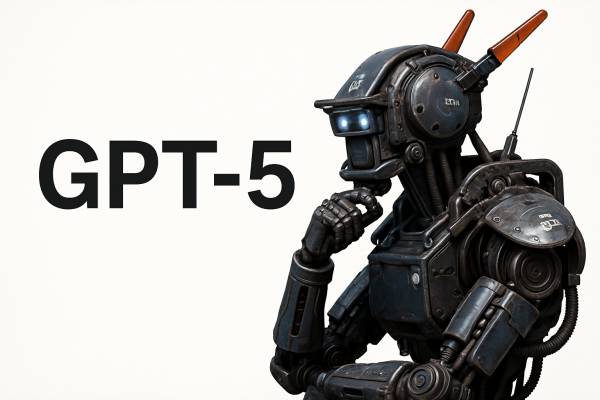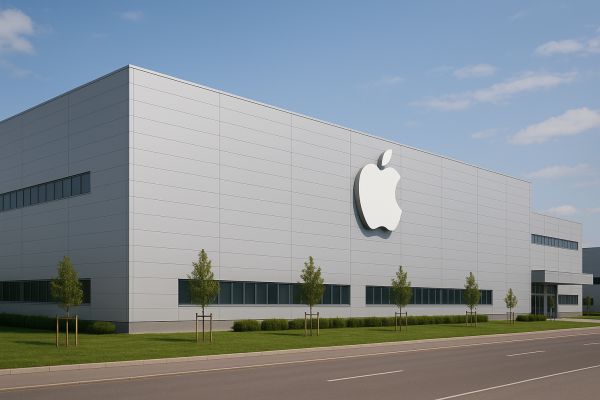Deutsche Welle (DW) recently interviewed Gilbert Houngbo, Director-General of the International Labour Organization (ILO), about the impact of artificial intelligence on the labour market. The idea that AI could take our jobs is a common fear among many people today. Countless YouTube videos and blog posts discuss the topic, with many wondering whether they will be affected.
During the interview, Houngbo explained that this transformation is already well underway, with hundreds of thousands of people having already lost their jobs due to AI. However, the situation is not as dire as it may seem, as new jobs are also being created, and encouragingly, the overall balance remains positive. According to Houngbo, the real challenge is how to prepare workers for this transition.
Automation has traditionally affected repetitive jobs, as, before the rise of artificial intelligence, only tasks that could be clearly defined by rules were automatable. With AI, identifying and replacing such tasks has become significantly easier. Moreover, these automated processes are no longer limited to physical labour but increasingly impact office jobs as well. What makes the current situation unique is that while the automation of physical labour in factories has been ongoing for years, with industrial robots replacing human workers in growing numbers, we have not yet experienced automation on this scale in office environments.
In offices, secretarial, translation, copywriting, and administrative jobs are predominantly held by women. The Director-General highlighted that the issue is not only that these positions are being taken over by AI—which, in theory, could be mitigated through retraining—but also that retraining women is often more challenging due to family responsibilities that limit their ability to focus on further education. Houngbo argues that a dedicated social support network should be established to help women retrain and transition into new roles.
Another concern is that the inequality created by AI extends beyond gender disparities; it also widens the gap between developed and less developed countries. The lack of digital infrastructure in less developed nations prevents them from benefiting from AI advancements, while the low-skilled jobs they once relied on for economic participation are increasingly being automated—often more efficiently and at a lower cost. While improving infrastructure could help bridge this gap, the solution is not straightforward. The data used to train AI models primarily comes from developed countries, meaning these models may not accurately reflect the realities of life in poorer regions, leading to inherent biases.
The interview underscored the inevitability of AI-driven labour market transformation and the need for well-designed strategies and policies to ensure that AI development is both inclusive and beneficial for all. Overall, Houngbo remains optimistic, viewing AI as an opportunity rather than a threat. I can only hope that this optimism is not merely theoretical but is backed by tangible actions to address the challenges AI presents.

























